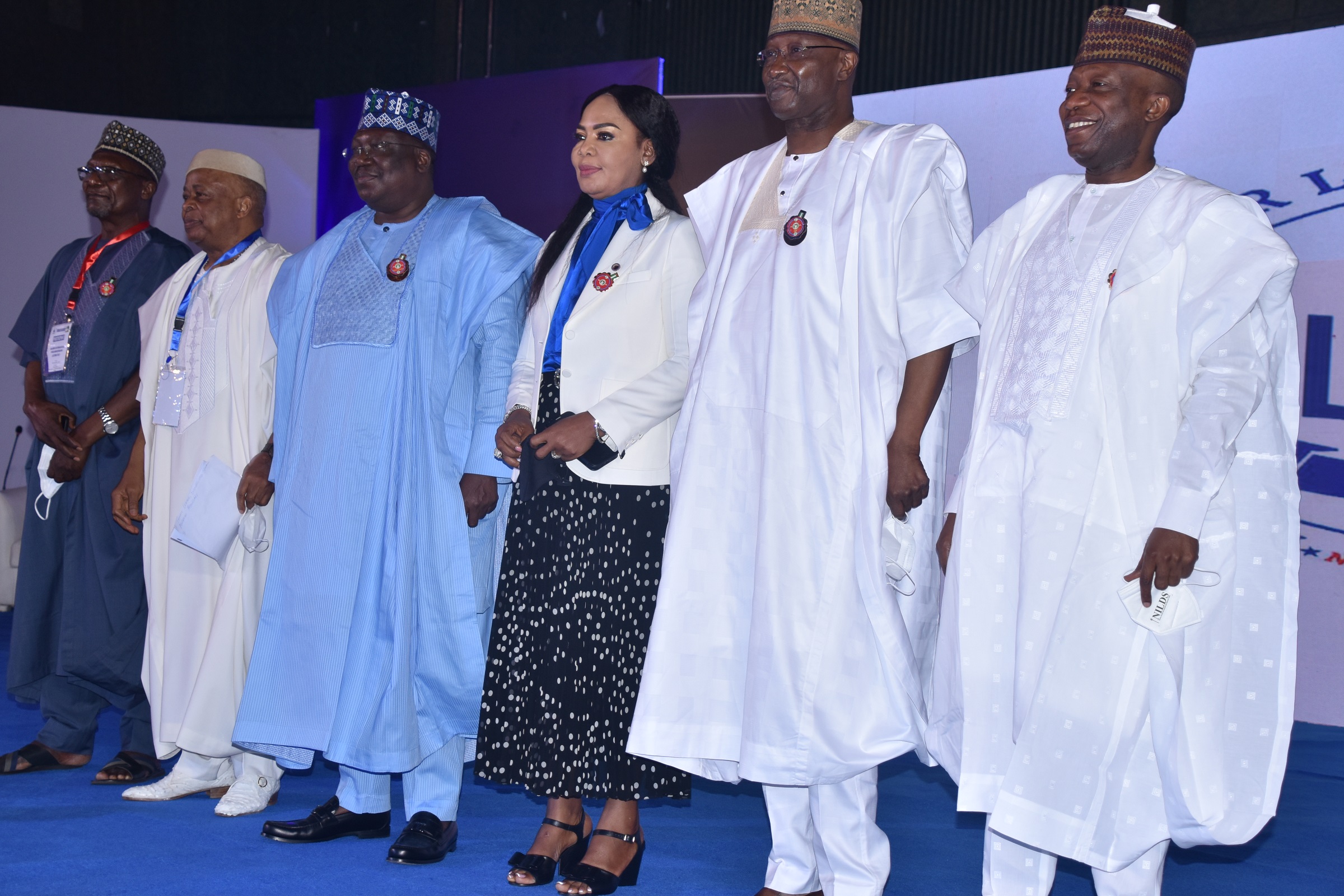Business
NPA To Go Full Digital In 2025 – Koko

The Acting Managing Director of the Nigerian Ports Authority (NPA), Mohammed Bello Koko, has assured that all the ports in the country would become fully digitalised in 2025.
He said that deliberate measures and investments were being undertaken by the Authority to create a fully digital ecosystem in all the country’s port locations by 2025.
NPA, in a statement, quoted Koko as giving the assurance during a presentation on “Digitalization Roadmap and Current Information and Communications Technology (ICT) Implementation Status” at the 41st Ports Management Association of West and Central Africa (PMAWCA) annual council meeting and 16th roundtable conference of Managing Directors of PMAWCA in Douala, Cameroon, recently.
Koko told his audience that a lot of work had gone into the smart port transformation agenda of the Authority, aimed at the enthronement of a paperless, time saving and cost efficient port operations.
Represented by the Executive Director, Engineering and Technical Services, Prof. Idris Abubakar, Koko recalled that the NPA first deployed a main computer system in 1975 to improve its payroll management, billing, statistical and accounting systems.
He said the deployment of personal computers was done at each port location to ease data management, as information sharing was difficult because there was no connectivity between the ports.
Koko added that in 2011, the authority reviewed its ICT strategy in line with its new role as landlord, following the concession of port terminals in 2006.
According to him, the primary focus of the new strategy is on enterprise computing and heavy dependence on network infrastructure, along with a centralised and shared database.
The adoption by NPA of a phased ICT deployment is geared towards achieving a fully integrated port operating system; to foster relationship with all internal and external stakeholders, to streamline NPA’s internal business processes; to make use of high-end smart technologies; as well as to record, monitor and utilise data for better decision making, he said.
The NPA boss said a five-year plan was now being implemented by the Authority for the attainment of a fully digitalised port system in the country.
“So far, the Authority has deployed a portfolio of systems and infrastructure towards the actualisation of its ICT objectives.
Business
Nigeria’s ETF correction deepens as STANBICETF30, VETGRIF30 see 50% decline in a week

Business
BOI Introduces Business Clinic

Business
Dangote signs $400 mln equipment deal with China’s XCMG to speed up refinery expansion

-
Maritime2 days ago
Customs Declares War Against Narcotics Baron At Idiroko Border
-
Maritime2 days ago
Nigeria To Pilot Regional Fishing Vessels Register In Gulf Of Guinea —Oyetola
-

 Sports2 days ago
Sports2 days agoGombe-Gara Rejects Chelle $130,000 monthly salary
-
Maritime2 days ago
NIMASA,NAF Boost Unmanned Aerial Surveillance For Maritime Security
-
Maritime2 days ago
NIWA Collaborates ICPC TO Strengthen Integrity, Revenue
-

 Sports2 days ago
Sports2 days agoTEAM RIVERS SET TO WIN 4×400 ” MORROW” …Wins Triple jump Silver
-

 Sports2 days ago
Sports2 days agoNSC eyes international hosting rights
-

 Sports2 days ago
Sports2 days agoNPFL Drops To 91st In Global League Rankings

